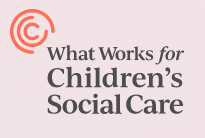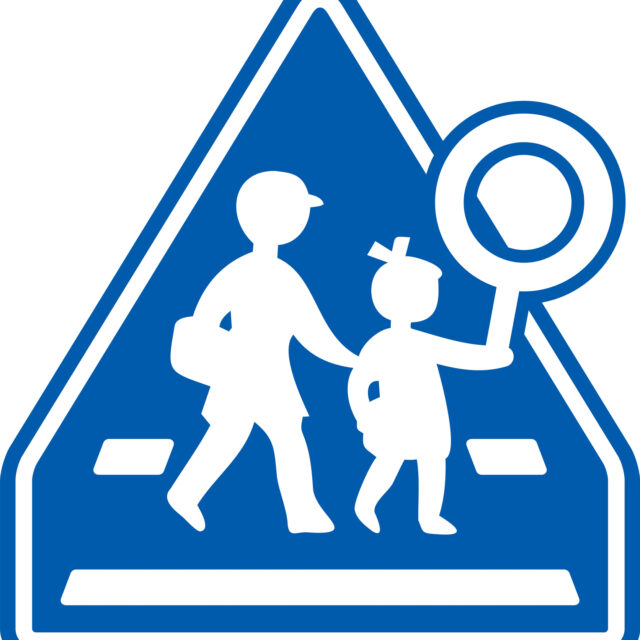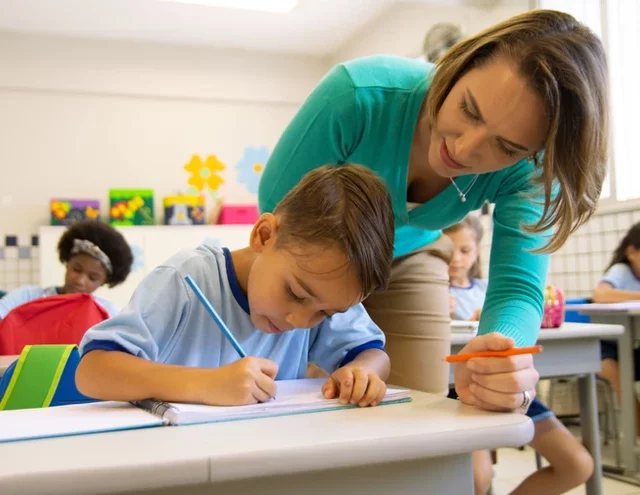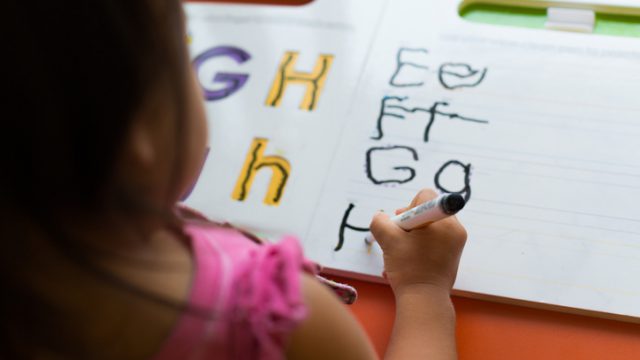Group Supervision for Designated Safeguarding Leads in Secondary Schools
This study aims to establish the impact of providing group supervision, delivered by a designated social worker, for designated safeguarding leads (DSLs) in secondary schools. DSLs are responsible for child protection and safeguarding in schools. The role of DSL can involve making dificult decisions about vulnerable children in often complex circumstances.
 Pub. Date
Pub. Date
27 April, 2023
 Pub. Type
Pub. Type

Main points
- The impact evaluation found that the programme had no statistically significant impact on the primary outcome, which was the proportion of pupils for whom a contact resulted in no further action
- A number of sensitivity analyses were conducted in relation to the primary outcome; but the main result remains robust to these additional analyses. In addition, the findings did not suggest evidence of an impact in the latter period of the intervention, and no diferences in efectiveness were apparent between schools located in urban and rural areas
- Analysis of secondary outcomes relating to contacts and referrals also showed no statistically significant diferences between schools allocated to receive the programme and those that were not. Thus we observed no impact of the programme on total contacts made by schools, new referrals originating from schools or referrals resulting in no further action (all measured as a proportion of pupils)
- No statistically significant impact of the programme on DSL wellbeing was found. Efects on DSL wellbeing were considered using two scale measures: job-related anxiety–contentment and jobrelated depression–enthusiasm
- Three-quarters of schools in the treatment group had at least one supervision session and a quarter did not have any sessions. The reasons for lack of take-up included: schools participating in other support programmes, lack of time and concerns that supervision was a way of monitoring schools. When supervisors managed to organise the first session to introduce the programme properly to schools, they most often maintained engagement throughout the programme
- Apart from the low take-up and slow start to delivery and recruitment, the IPE found that the programme (when taken up by schools) was delivered largely as intended and would not require any changes to be rolled out on a larger scale. DSLs expressed support for potential wider roll-out
- DSLs interviewed found the supervision sessions useful, including having the time for reflection and discussion with colleagues, developing new ideas, discussing complex cases or new types of cases, being signposted by the SSW to useful resources or local support organisations, learning from a social worker’s perspective and discussing their own wellbeing
- There were mixed findings on perceived impacts. Many DSLs interviewed reported that supervision had no impact on their practices, because they were already confident in their ability to perform the role and their knowledge, including about thresholds for referrals to children’s social care. At the same time, many DSLs described positive impacts, particularly improving confidence in the role, their emotional wellbeing and the working together of the safeguarding teams, which they felt was likely to have resulted in sustainable changes
- The estimated cost to LAs of delivering the intervention was around £1900 per school per school year, although this estimate may not fully cover all costs involved in delivery. In addition, the scheduling of group supervision sessions meant that some participating schools incurred costs in finding cover for lessons, so that staf could make the same time slot.

Funders













